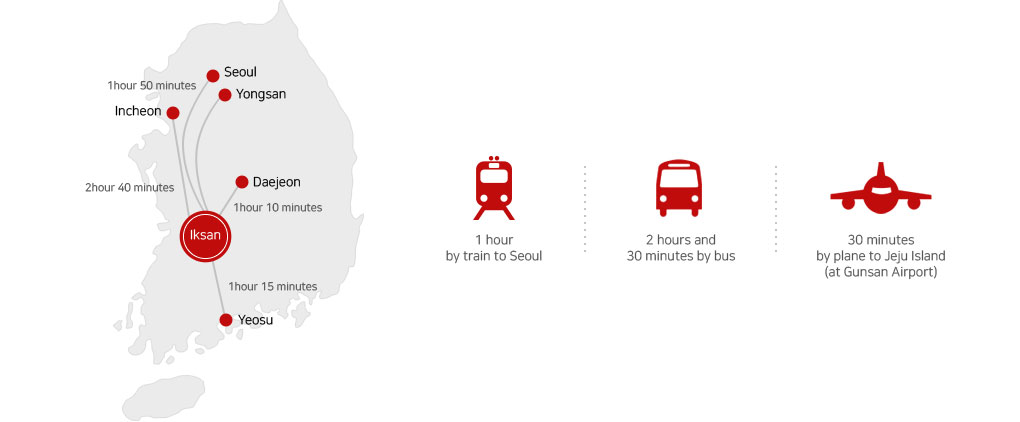About Korea
Water, Light, Earth, Wind.
These are nature that anyone can meet anywhere.
Korea has been created and transformed with creativity in nature.
Why don't you see the creativity of nature in Korea?
What has made Korea what it is today?
Wind, Earth, Light, Water, Fire, People.
The journey to find the answer begins now.
Korean characters that perfectly balance simplicity and logic.
Wind... and colors that embody Asia’s picturesque beauty.
A passion for innovation that has led to cutting edge technology.
Natural foods that are cultivated over time with care.
Korean entertainment that is enjoyed around the world.
Korean athletes taking their place on the world stage.
Unique creativity that has contributed to Korea’s prosperity and
modern lifestyle.
Wind, creates Korean culture.
Earth, creates Korean technology.
Light, creates Korean cuisine.
Fire, creates Korean passion.
Water, creates Korean spirit.
People, create Korean creativity.
Discovering something new in so many different areas,
Korea is a nation that lives and breathes creative passion.
About Jeonju, Jeollabuk-do
This is because Jeonju is a city with a history of over 1,000 years and the town where the 500 years of the Joseon dynasty originated.
Jeonju manages the largest Hanok village in Korea.
Jeonju is a town of taste representing Korea and a city of traditional culture, home to the largest number of intangible cultural heritages in Korea.
A UNESCO City of Gastronomy, the first international urban slow city in the world and the city of tourism ranked third in Asia in tourism presented by CNN, this is Jeonju.
Jeonju is the representative football city of Korea as the hometown of the ‘Jeonbuk Hyundai Motors’ football club, winners of the 2016 Asia Champions League. A city of the advanced drone industry and the carbon materials industry, spotlighted as the new material of the future, as well as a city embracing both the tradition and future of Korea,. That is the most Korean city ‘Jeonju’.
About Iksan, Jeollabuk-do
Iksan is a mecca of the Korean food industry and an amazing city to be born as an Asian food capital.
The Baekje Historical Remains District, listed as a UNESCO World Heritage Site,
Wanggungri Ruins and the National Treasure No. 289 Wanggungri Five-story Stone Pagoda, 505 national treasure relics including Mireuksaji of the national treasure No. 11 were excavated
The kingdom of Baekje where history and culture breathe is Iksan City.
In addition, Iksan City is the center of transportation in Korea and has the advantage of easy accessibility with other cities. Korea's largest precious metal complex and national food cluster project site have been established to become the center of Korean food valley and future food industry .


